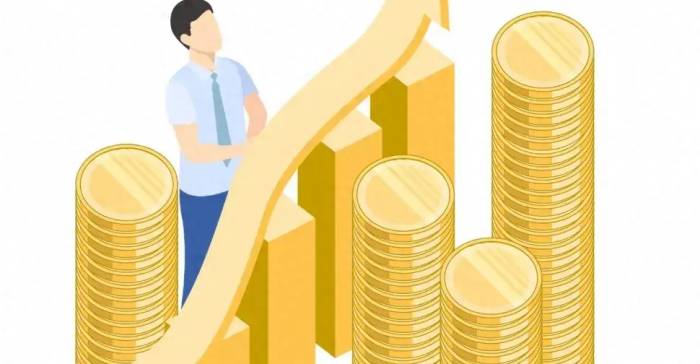The Federal Reserve decided to keep the benchmark interest rate unchanged at its latest meeting, which immediately sparked widespread attention and discussion in the market.
What prompted the Federal Reserve to make such a decision?
How will the future economic trend develop?
Let's delve into the deeper implications behind this decision.
Just a few days ago, the Federal Reserve finally made the decision to maintain the benchmark interest rate unchanged at the highly anticipated interest rate meeting.
This news quickly became a hot topic in the financial market.
For investors and economic observers, this is not just a policy decision, but also an important signal for the future economic trend.
First, let's review the previous economic data and market expectations.
Over the past period, although the inflation level in the United States has fallen somewhat, it is still higher than the target set by the Federal Reserve.
This has led everyone to speculate whether the Federal Reserve will take measures to raise interest rates to further control inflation.
However, after in-depth analysis, the Fed ultimately chose to keep interest rates unchanged.
What is the reason for this?
Analysts generally believe that this move is mainly based on a trade-off between economic growth and inflation.
The Fed Chairman stated after the meeting that the current economic performance is robust, the labor market continues to be strong, but the uncertainty of the global economy remains high.
Especially in the complex situation of international relations and trade, the Federal Reserve feels pressure when adjusting policies.
Therefore, maintaining interest rates unchanged can be said to be a relatively cautious choice.
In addition, it is worth noting that although the Federal Reserve did not adjust interest rates, it does not mean that there will be no action in the future.
The market generally interprets this as the Federal Reserve will continue to closely monitor economic data at the next meeting and adjust policies in a timely manner according to new information.
This is why after the meeting, both the stock market and the bond market experienced some fluctuations, and investors are assessing possible future policy changes.
Next, let's look at the direct impact of this decision on the market.
Since the Federal Reserve announced the maintenance of interest rates unchanged, the US dollar index has fallen slightly, and the stock market's response has been more positive.
Many investors believe that this decision will provide short-term support for the stock market.
Investors have flocked to technology stocks and consumer goods stocks, believing that these industries will have more development opportunities in a low-interest-rate environment.
However, the market's expectations of the Federal Reserve are not set in stone.
What follows is the concern of many people about the future direction of monetary policy.
Although the Federal Reserve keeps interest rates unchanged, if future inflation data continues to be high, it may still face the pressure of raising interest rates.
In this situation, which industries will be hit the hardest has become the focus of discussion.
In addition, we cannot ignore the impact of domestic political factors in the United States.
Against the backdrop of the upcoming election, every decision of the Fed may trigger heated discussions from all sides.

Especially in the changes of key indicators such as employment and wages, every step of policy will have a profound impact on people's lives.
Therefore, the pressure faced by the Federal Reserve in decision-making can be imagined.
At the same time, the domestic consumer confidence index is also an indicator that cannot be ignored.
Recent data shows that although the economic outlook is still uncertain, consumers' willingness to spend has begun to recover.
This provides a certain support base for the Federal Reserve to maintain the current policy.
After all, stable consumer spending is an important engine for driving economic growth.
In today's increasingly interconnected global economy, the policy choices of the Federal Reserve not only affect the United States but also have a chain reaction on other countries.
For example, the monetary policies of many emerging market countries are also paying attention to the interest rate dynamics of the United States in order to adjust their own monetary policies to cope with changes in the external environment.
If the Federal Reserve decides to raise interest rates in the future, it may lead to capital outflows, which will have an adverse impact on the economies of these countries.
In summary, the Federal Reserve's decision to maintain the benchmark interest rate unchanged reflects the complexity and uncertainty of the current economic situation.
Although the market sentiment is relatively optimistic in the short term, it is necessary to be vigilant about possible economic risks and policy changes in the long term.
Investors need to be more flexible at this time, and prudently assess the risks and returns of various assets.
Your comment